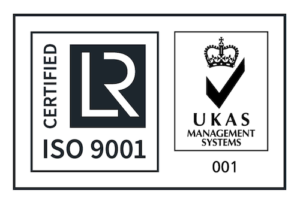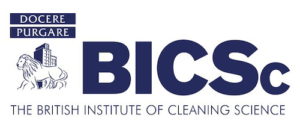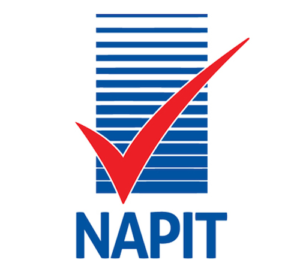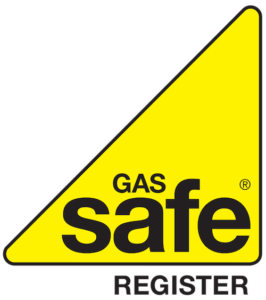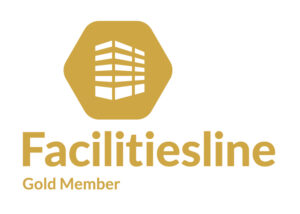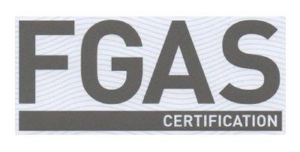Maintaining HVAC Systems
Maintaining HVAC Systems In line with SFG20 Guidelines
Regular maintenance of commercial HVAC systems is crucial for their efficient and reliable operation. Following the SFG20 guidelines, which provide industry best practices, can bring numerous benefits to your HVAC system and overall facility. Here’s some advice and key benefits of regular maintenance within the given word limit:
1. Enhanced System Performance:
Firstly, regular maintenance optimizes the performance of HVAC equipment, ensuring it operates at peak efficiency. As a result, this leads to improved energy efficiency, lower operating costs, and reduced environmental impact.
2. Extended Equipment Lifespan:
Proper maintenance helps prevent premature equipment failure and extends the lifespan of HVAC systems. It reduces wear and tear on components, allowing them to operate reliably for longer periods, thus saving on replacement costs.
3. Improved Indoor Air Quality (IAQ):
HVAC systems play a crucial role in maintaining indoor air quality. Regular maintenance, including filter replacements, coil cleaning, and duct inspections, helps remove pollutants, allergens, and contaminants from the air, creating a healthier environment for occupants.
4. Compliance with Regulations:
Furthermore, adhering to SFG20 guidelines ensures that your HVAC systems are maintained in compliance with industry regulations and standards. Above all, Compliance not only ensures the safety and well-being of occupants but also mitigates potential legal and financial risks associated with non-compliance.
5. Minimized Downtime and Disruptions:
Regular maintenance helps identify potential issues before they escalate into major problems. Addressing these issues proactively during scheduled maintenance minimizes system failures, downtime, and disruptions to business operations, preventing costly emergency repairs.
6. Energy Cost Savings:
HVAC systems consume a significant portion of a building’s energy. Regular maintenance, such as cleaning coils, optimizing airflow, and calibrating controls, ensures efficient operation, reducing energy consumption and resulting in substantial cost savings over time.
7. Improved Occupant Comfort:
In addition, Well-maintained HVAC systems provide consistent and comfortable indoor conditions, regulating temperature, humidity, and airflow. This promotes productivity, occupant satisfaction, and a positive working environment.
8. Enhanced System Safety:
Regular inspections and maintenance help identify safety risks, such as gas leaks, electrical faults, or ventilation issues. Addressing these concerns promptly ensures the safety of occupants and prevents potential hazards.
9. Maintenance Cost Predictability:
Following SFG20 guidelines allows for planned and structured maintenance activities. This enables budgeting and forecasting of maintenance costs, preventing unexpected expenses and facilitating better financial planning for the facility.
10. Manufacturer Warranty Compliance:
Finally, Many HVAC equipment warranties require regular maintenance to remain valid. Adhering to SFG20 guidelines ensures compliance with warranty conditions, preserving your rights to claim warranty benefits if necessary.
To conclude, in order to maximize the benefits of regular maintenance, consider partnering with a qualified HVAC service provider with expertise in commercial systems. They can help develop a customized maintenance plan based on SFG20 guidelines, perform routine inspections, and provide necessary repairs and replacements as needed.
Remember, regular maintenance is an investment that pays off in terms of improved system performance, energy efficiency, occupant comfort, and cost savings, while minimizing risks and maximizing the lifespan of your commercial HVAC systems. Through our national team of in-house engineers, Phosters are perfectly placed to assist with your needs.
Please contact us today and our team would be happy to assist.
#HVACmaintenance #SFG20 #Facilitiesmanagement #reliabilityasstandard







